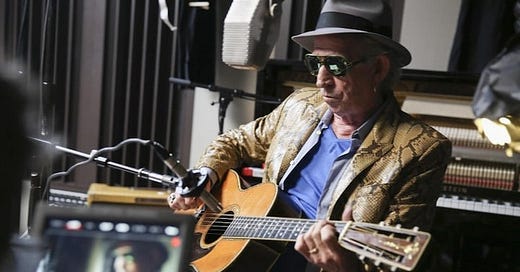It was another great year for documentaries at the Toronto International Film Festival, with a wide range of films spanning politics, culture, personal stories and global tragedies. It was also focussed more than usual on music, including the long awaited Aretha Franklin doc Amazing Grace that was pulled out at the last minute.
Programmer Thom Powers and…
Keep reading with a 7-day free trial
Subscribe to Nonfics to keep reading this post and get 7 days of free access to the full post archives.



